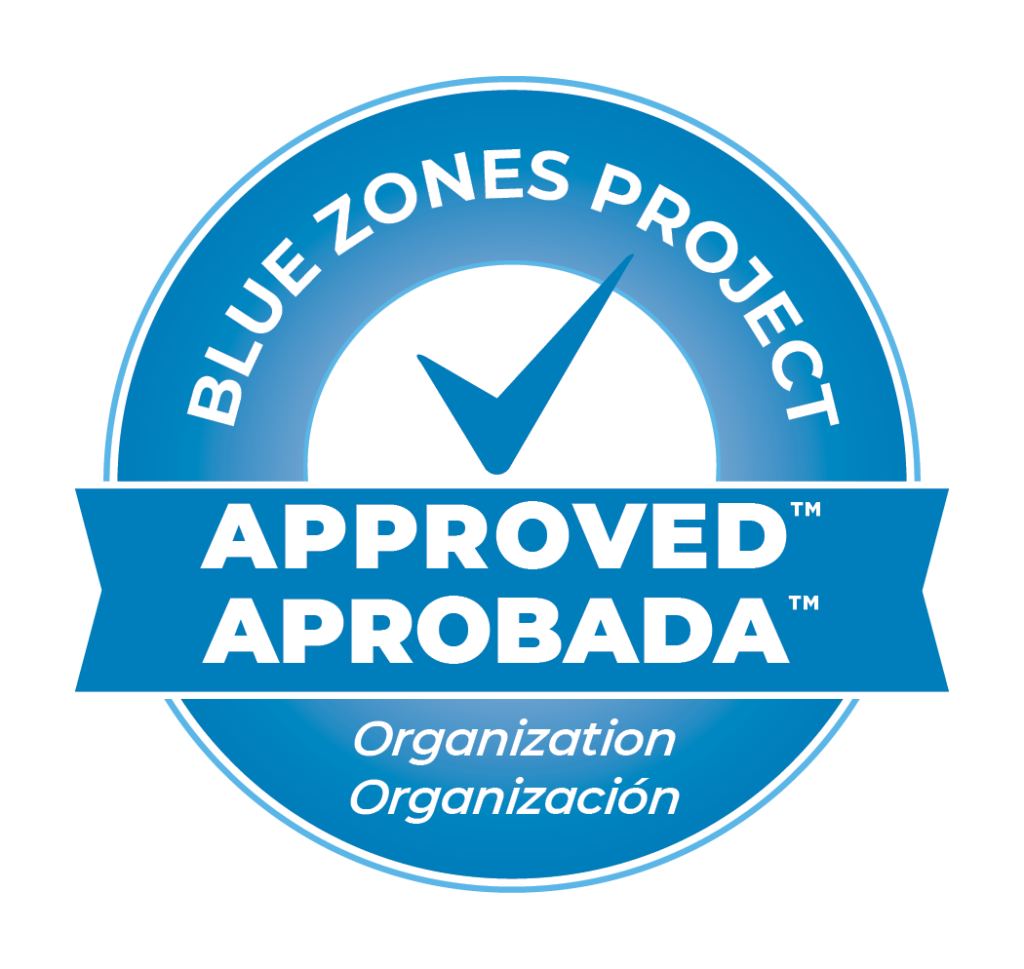[vc_row type=”in_container” full_screen_row_position=”middle” scene_position=”center” text_color=”dark” text_align=”left” overlay_strength=”0.3″ shape_divider_position=”bottom”][vc_column column_padding=”no-extra-padding” column_padding_position=”all” background_color_opacity=”1″ background_hover_color_opacity=”1″ column_shadow=”none” column_border_radius=”none” width=”1/1″ tablet_text_alignment=”default” phone_text_alignment=”default” column_border_width=”none” column_border_style=”solid”][image_with_animation image_url=”11325″ alignment=”center” animation=”Fade In” border_radius=”none” box_shadow=”none” max_width=”100%”][/vc_column][/vc_row][vc_row type=”in_container” full_screen_row_position=”middle” scene_position=”center” text_color=”dark” text_align=”left” overlay_strength=”0.3″ shape_divider_position=”bottom”][vc_column column_padding=”no-extra-padding” column_padding_position=”all” background_color_opacity=”1″ background_hover_color_opacity=”1″ column_shadow=”none” column_border_radius=”none” width=”1/1″ tablet_text_alignment=”default” phone_text_alignment=”default” column_border_width=”none” column_border_style=”solid”][vc_column_text]Sue De Graw came to the Monterey Peninsula with her family in 1972. She remembers struggling with her illness from a very young age. At the tender age of 11 years, she recalls being abandoned by her father and mother. “Home left me. I can home one day and there was a suitcase of clothing, a $10 bill on top and a forwarding address to a P.O. box in Idaho.”
Sue stayed in the house until the landlord chased her out. Her saving grace was looking older than her age. She managed to get a job cutting lettuce in the fields. When immigration would come looking for illegal immigrants, Sue would run too. “All the people wanted to know why I ran when immigration came. So I told them I was only 11. So they’d start running and grab me and pick me up and carry me with them.” Sue liked the fact that the workers were fed every day at lunch by the field managers. Eventually, she was taken in by some field workers and stayed with them for about two years until they had to move. Then she decided to live in the woods. “They had lots of wooded areas then. I grew up in the country so I knew how to build forts… and I hunted and fished, caught crawdads… My parents taught me a lot of that.” At the age of 13 she lied about her age and got a car. At the age of 16 she was finally able to enroll herself in school because she no longer needed a parent’s signature.
At the age of 23, Sue was diagnosed with bi-polar disorder, post-traumatic stress disorder and obsessive-compulsive disorder, following a suicide attempt. One of her roommates, who was supposed to be gone for the weekend, walked in the house, stopped her, and called an ambulance.
Sue says she has been homeless three times in her life but didn’t feel self-sufficient until Interim. “I would take my meds for a while. And then I would think I was better. And then I would quit taking my meds. And then I would end up back in the psychiatric unit.”
In her 30’s, she met someone who introduced her to methamphetamines and other drugs. She says she became immediately addicted. She ended up spending all of her money on it, and she lost her home again. That’s when she found Interim. MCHOME’s homeless outreach program had just started. “MCHOME kept sending people to find me.” It took her a while to trust the staff. After some time, they persuaded her to accept shelter at Hamilton House, a women’s shelter operated by Community Homeless Solutions, until they could get her a housing voucher. “I’ve been there ever since and nobody’s getting me out without dynamite.”
She doesn’t recall a very stable time in her life until Interim. “I had been up and down for a long long time. When I had mania, I would do things like March in a parade setting world records for the most people carrying American Flags. I sang on a stage in Washington DC with Tina Turner. This was before drugs. I was always manic before. And then I would get depression really bad. When I used drugs the lows went away.”
Sue has been clean and sober, and stable in Interim’s housing for the past 13 years. She has worked for the MCHOME program for the past 10 years. “I haven’t had a breakdown. I haven’t had a relapse. Of course, I went to every class they offered… I’m a CSW III. I’ve been trained in teaching Anger Management, WRAP, Peer to Peer, Mind Over Mood, etc.” Sue also volunteers with Success Over Stigma and Hope and Recovery. Volunteers are taught public speaking skills, to tell their story to others, and instill hope in their peers.
“I used to be very angry. I don’t get angry anymore. I have nothing left to anger me in my life. I cut out all the bad people in my life. I made new friends that were good for me. I’ve come a long way.”[/vc_column_text][/vc_column][/vc_row]




